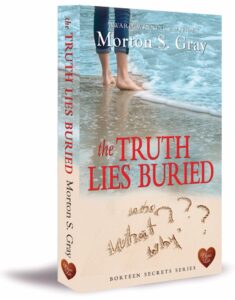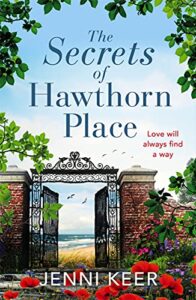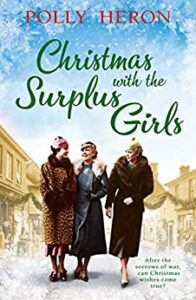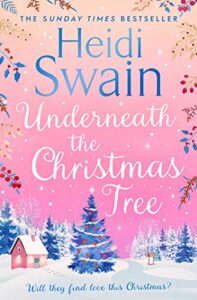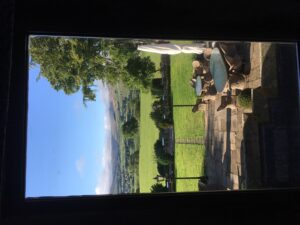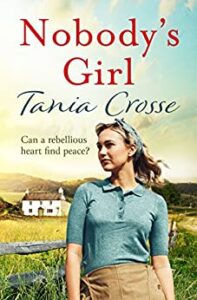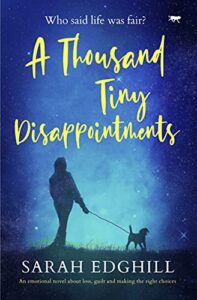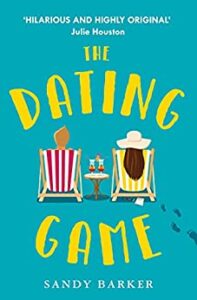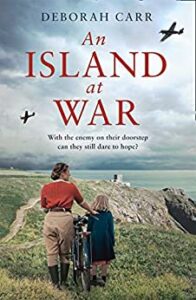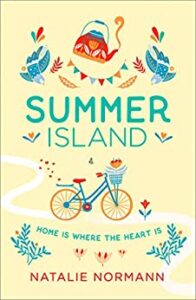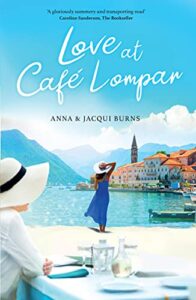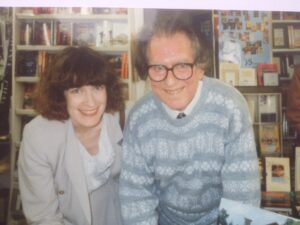Angela Petch’s Mavis and Dot, reviewed by Jessie Cahalin
Embark on a series of adventures with Mavis and Dot but prepare yourself for a roller coaster of emotions. Humour and adorable, eccentric characters present a commentary on modern Britain. Reading Angela Petch’s ‘Mavis and Dot’ is like delving into a large slice of Tiramisu: the pick me up dessert with a bitter sweet balance of perfection.
Like a quintessential seaside town, Mavis and Dot have Britishness stamped through their charming identities. Though they are as different as builders’ tea and Lapsang Souchong, they are both women of a certain age from the same generation. Beneath the façade of flamboyant Mavis and straight-laced Dot, there are secrets and loneliness. Loneliness is a cruel companion who can be banished with the warmth of a cuppa and chat. Peel away the faded glory of Mavis and Dot to reveal their secrets and warm hearts. I guarantee this story will warm your heart.
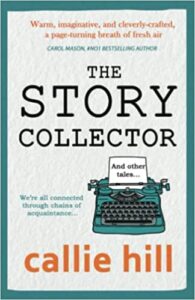 Callie Hill’s The Story Collector, reviewed by Helga Jensen
Callie Hill’s The Story Collector, reviewed by Helga Jensen
The Story Collector is a delightful compilation of short stories. The book starts with the wonderful character of Colin, a writer who you can’t help but love. The book grabbed my attention from the first chapter when someone was rather mean to Colin, and it said that ‘He would get revenge through other means. People really shouldn’t mess with a writer….’ What follows are the intertwined lives of compelling characters that bring on a whole host of emotions. Although this is a collection of short stories, each story is intertwined. There are references to some of the best works of literature, and there is even a rather wonderful magical mole. For this reason, I do think that this could be considered a fairy tale for adults! What is certain is that The Story Collector will take you on a magical journey. Callie Hill is exceptionally talented and a writer to watch in the future.
David Dodge’s To Catch a Thief and Jean Buchanan’s Mr Dodge, Mr Hitchcock, and the French Riviera, reviewed by Evonne Wareham
A double review here – the book that was the source for the Oscar winning film starring Cary Grant and Grace Kelly – Hitchcock’s glamorous confection of sunshine, jewel thievery and stolen gems – and the story of how the author David Dodge came to write it. An American thriller and travel writer, staying with his family on the French Riviera, Dodge was briefly suspected of being a cat burglar who had stolen a fortune in jewels from a neighboring villa. The plot of the book of It Takes a Thief concentrates on the efforts of John Robie, retired jewel thief, to stay out of prison when an imitator revives the interest of the police in the infamous ‘Le Chat’. Jean Buchanan’s book recounts the way Dodge made use of his brush with the law to produce the story that was immediately snapped up by Alfred Hitchcock.
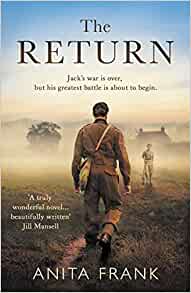 Anita Frank’s The Return, reviewed by Jane Cable
Anita Frank’s The Return, reviewed by Jane Cable
Set immediately before and after the second world war, The Return tells the stories of Jack, Gwen and the people around them on the Berkshire farm where Gwen has grown up and Jack appears one day out of the blue. It is clear from the beginning of the book that he’s on the run for a reason, although he soon finds plenty of other reasons to stay.
I have to admit I almost gave up at the first hurdle – the lengthy descriptions of farming life in the 1930s slowed the narrative too much for me, and doubtless I missed out on some faultless prose by skipping them, but I am glad I persevered with the story. The characterisation is nothing short of brilliant, the atmosphere claustrophobic, the plot taut and once I was finally hooked there was no way I could put this novel down.


